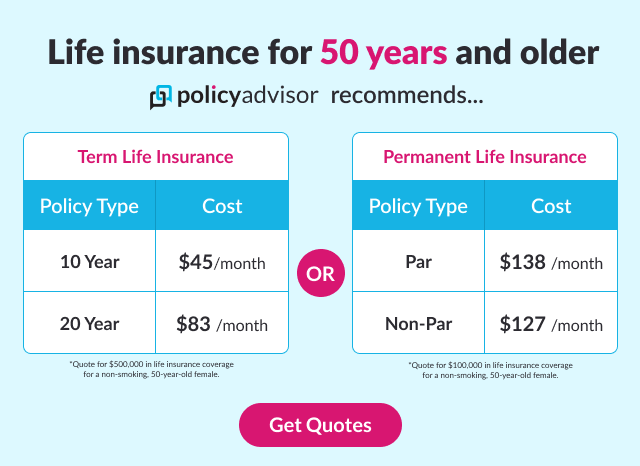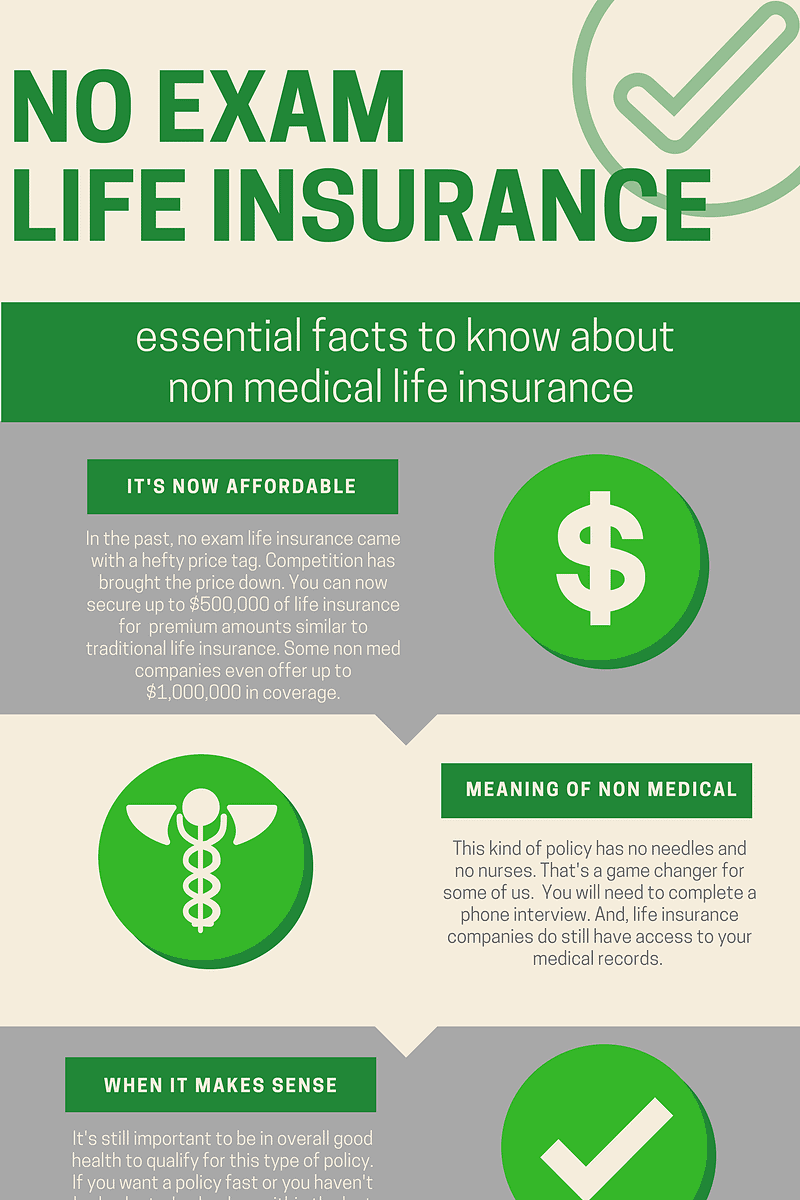Total Loss Car Accidents: Everything You Need to Know
You’re driving down the road, minding your own business, when suddenly, BAM! Another car plows into you. You’re shaken, your car is damaged, and you’re wondering what to do next. If the damage to your car is severe enough, it may be declared a total loss. But what exactly does that mean?
What is a Total Loss Car Accident?
When the cost of repairing a damaged vehicle exceeds its actual cash value (ACV), it is considered a total loss. The ACV is determined by the insurance company based on the make, model, year, and condition of your car. If the cost of repairs is more than the ACV, the insurance company will likely declare your car a total loss. In this case, you will receive a settlement from the insurance company, which you can use to purchase a new car.
There are a few factors that can affect whether or not your car is declared a total loss. These factors include:
- The extent of the damage
- The age of your car
- The value of your car
- The cost of repairs
What to Do After a Total Loss Car Accident
If you’ve been involved in a total loss car accident, there are a few things you need to do:
- Call the police.
- Exchange information with the other driver(s) involved in the accident.
- Take photos of the damage to your car.
- Contact your insurance company.
- Hire an attorney if necessary.
Dealing with a total loss car accident can be a stressful experience. However, by following these steps, you can make the process as smooth and painless as possible.
Total Loss Car Accident: Navigating Financial Implications
In the aftermath of a devastating car accident, navigating the complexities of insurance claims can be daunting. When your vehicle is deemed a total loss, understanding the financial implications is crucial to recovering from the ordeal.
Financial Implications
Insurance companies generally determine the compensation based on the actual cash value of your car at the time of the accident, factoring in factors like depreciation and market value. This amount, minus any applicable deductibles, becomes the settlement you receive. So, if your car is worth $20,000 when it’s totaled, you could expect to receive around $18,000 if you carry a $2,000 deductible.
But wait, there’s more to the story! In some cases, you may be eligible for additional compensation beyond the actual cash value. If your vehicle had specific features or upgrades that increased its value, these could be considered in the settlement calculation. For instance, if you have a custom sound system or navigation system installed in your car, you might receive extra compensation to cover their replacement costs.
It’s important to remember that insurance companies are not in the business of giving away free money. They will assess the specific circumstances of your accident and determine the fair market value of your car. If you believe the settlement offer is too low, you have the right to negotiate with your insurer. Gather documentation to support your claim, such as recent appraisals or comparable sales prices for similar vehicles.
One final consideration is the issue of sales tax. If you purchase a new vehicle after receiving an insurance settlement, you may have to pay sales tax on the full purchase price. However, in some states, you can avoid paying sales tax on the amount you receive from the insurance company for your totaled vehicle. Check with your local DMV to see if you qualify for this exemption.
Understanding the financial implications of a total loss car accident can help you make informed decisions and protect your financial interests. By knowing what you’re entitled to and negotiating effectively with your insurer, you can ensure you receive fair compensation for your loss.
Total Loss Car Accident: What happens next?
A total loss car accident is when the cost to repair is more than the car’s actual cash value. When this occurs, your insurance company will declare your car a total loss and pay you the actual cash value of the car, minus your deductible. You will then have the option to keep the car and receive a salvage title, or you can sell the car to the insurance company. If you decide to keep the car, you will need to have it repaired before it can be driven again. You will also need to obtain a salvage title, which will indicate that the car has been declared a total loss. A salvage title will decrease the value of your car, and it may be difficult to sell or insure in the future.
What to do after a total loss car accident?
If you have been involved in a total loss car accident, there are a few things you should do:
1. Call the police and report the accident.
2. Get a copy of the police report.
3. Contact your insurance company and file a claim.
4. Get a copy of your insurance policy so you can understand your coverage.
5.Decide whether you want to keep the car or sell it to the insurance company.
6. If you decide to keep the car, you will need to have it repaired and obtain a salvage title.
Salvage Value
If you decide to sell the car to the insurance company, they will sell the car for salvage. The salvage value is the amount of money that the insurance company can get for the car after it has been declared a total loss. The salvage value will be deducted from the actual cash value of the car to determine the amount of money that you will receive from the insurance company. The salvage value of a car will vary depending on a number of factors, including the make and model of the car, the year of the car, the condition of the car, and the location of the car. In general, newer cars with less damage will have a higher salvage value than older cars with more damage. Insurance companies use different software programs to determine the salvage value of a vehicle depending on location. Cars in coastal areas with salt prone damage will lower its salvage value, on the other hand, cars in the midwest with less rust will generally have a higher salvage value. The insurance company may sell the salvaged vehicle to recoup some of the costs, and the owner may be entitled to any proceeds above the amount paid out. Keep in mind different states have different laws on how the process of a total loss is handled, so it’s always best to check with your local DMV for more information.
Total Loss Car Accidents: What You Need to Know
If you’ve been involved in a car accident, one of the first things you’ll need to do is determine if your car is a total loss. This can be a daunting task, but it’s important to understand the process so that you can get the best possible outcome for your claim.
In this article, we’ll discuss the factors that insurance companies use to determine if a vehicle is a total loss. We’ll also provide some tips on how to negotiate with your insurance company if you believe your car is a total loss.
Determining Total Loss
Insurance companies use various factors to determine if a vehicle is a total loss, including:
- The severity of the damage.
- The cost of repairs.
- The age and condition of the vehicle.
- The value of the vehicle.
- The type of insurance coverage you have.
If the cost of repairs exceeds the value of the vehicle, the insurance company will likely declare it a total loss. However, there are some exceptions to this rule. For example, if the vehicle is a classic car or has a high sentimental value, the insurance company may be willing to pay more to repair it.
Negotiating with Your Insurance Company
If you believe that your car is a total loss, you should negotiate with your insurance company to get the best possible settlement. Here are some tips:
- Get an estimate from a qualified mechanic.
- Be prepared to provide documentation of the damage to your car.
- Be willing to negotiate.
- Don’t be afraid to get a second opinion from another insurance company.
Negotiating with your insurance company can be a challenging process, but it’s important to remember that you have rights. By following these tips, you can increase your chances of getting a fair settlement for your totaled car.
Total Loss Car Accidents: A Guide to Legal Considerations
A total loss car accident can be a devastating experience. Not only do you have to deal with the physical and emotional trauma of the crash, but you also have to navigate the complex legal landscape that comes with it. One of the most important aspects of this process is understanding your legal rights and responsibilities when dealing with the insurance company.
Insurance Coverage
When you’re involved in a car accident, your first step is to contact your insurance company. They will investigate the accident and determine whether your car is a total loss. If it is, they will pay you the actual cash value (ACV) of your vehicle, minus any deductible. The ACV is based on the car’s age, mileage, and condition.
Disputes with the Insurance Company
In some cases, you may disagree with the insurance company’s assessment of your car’s value. If you believe that your car is worth more than the amount they’re offering, you can dispute their decision. You can do this by submitting a written appeal to the insurance company. In your appeal, you should explain why you believe your car is worth more than the ACV. You can also provide evidence to support your claim, such as repair estimates or appraisals.
Legal Representation
If you’re unable to resolve your dispute with the insurance company on your own, you may want to consider hiring an attorney. An attorney can help you negotiate with the insurance company and represent you in court, if necessary.
Other Legal Considerations
In addition to dealing with the insurance company, there are a number of other legal considerations that may arise after a total loss car accident. These include:
- Property damage: If your car was damaged in the accident, you may be able to file a claim with the other driver’s insurance company.
- Personal injury: If you were injured in the accident, you may be able to file a personal injury lawsuit against the other driver.
- Wrongful death: If a loved one was killed in the accident, you may be able to file a wrongful death lawsuit.
A total loss car accident can be a complex and challenging experience. By understanding your legal rights and responsibilities, you can help protect yourself and your interests.
Total Loss Car Accident: What You Need to Know
Being involved in a total loss car accident is a stressful experience. The aftermath can be overwhelming, leaving you with a lot of questions and uncertainties. In this article, we’ll walk you through the steps you need to take after a total loss accident and provide valuable information to help you navigate this difficult time.
Understanding Total Loss
A total loss car accident occurs when the cost of repairing your vehicle exceeds its actual cash value. In such cases, your insurance company will declare your car as a total loss and offer you a settlement. The amount of the settlement will depend on the value of your car before the accident and the terms of your insurance policy.
Steps After a Total Loss Accident
In the aftermath of a total loss accident, there are several crucial steps you need to take to ensure your rights are protected and you receive a fair settlement. Here’s what you should do:
**1. Contact Your Insurance Company**
Report the accident to your insurance provider as soon as possible. They will guide you through the claims process and assign an adjuster to handle your case.
**2. Document the Accident**
Gather as much evidence as possible, including photos of the damage, a police report, and any witness statements. These documents will support your insurance claim.
**3. Cooperate with the Insurance Company**
Provide your insurance company with all the necessary information and documentation they request. Cooperating with them will help expedite the claims process and ensure a fair settlement.
**4. Determine Your Car’s Value**
Research the value of your car before the accident using online resources or an independent appraiser. This information will help you negotiate a fair settlement with your insurance company.
**5. Negotiate a Settlement**
Once your car’s value has been determined, you can begin negotiating a settlement with your insurance company. Don’t hesitate to seek legal advice if you’re unsure about the fairness of the settlement offer.
**6. Obtain a Replacement Vehicle**
If you’re without a vehicle, you’ll need to decide whether to purchase a new or used car. Consider your financial situation and transportation needs when making this decision. You may also want to explore rental options.
Do you have rental coverage under your insurance policy? If so, you may be eligible for a rental car to use while your car is being repaired or replaced. If not, you can choose to rent a car out of pocket. When determining your financial options, take into account the cost of the rental, any applicable fees, and your budget.
**7. File a Diminished Value Claim**
If your car has been repaired after a total loss accident, you may be able to file a diminished value claim to recover the lost value of your vehicle.




Leave a Reply